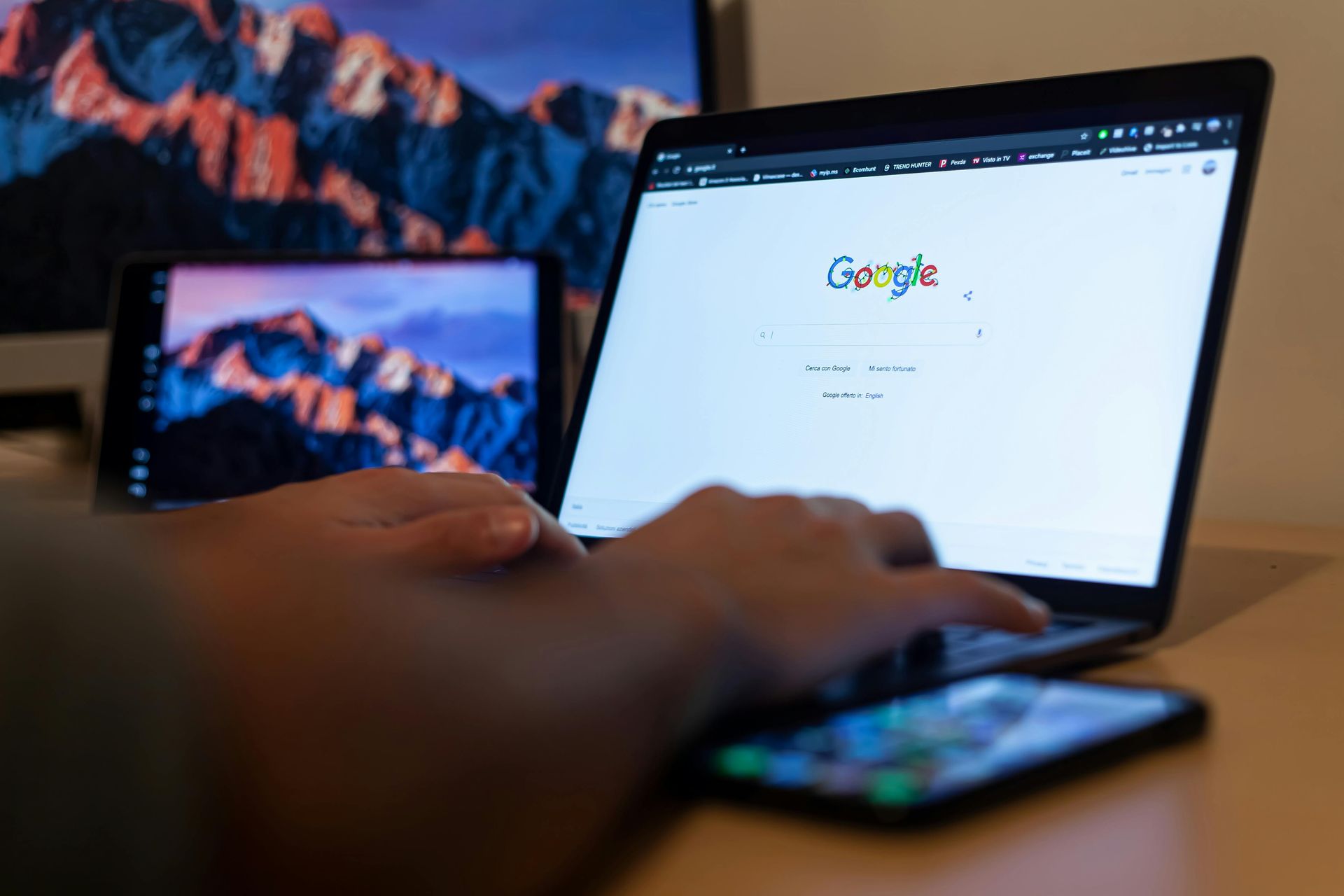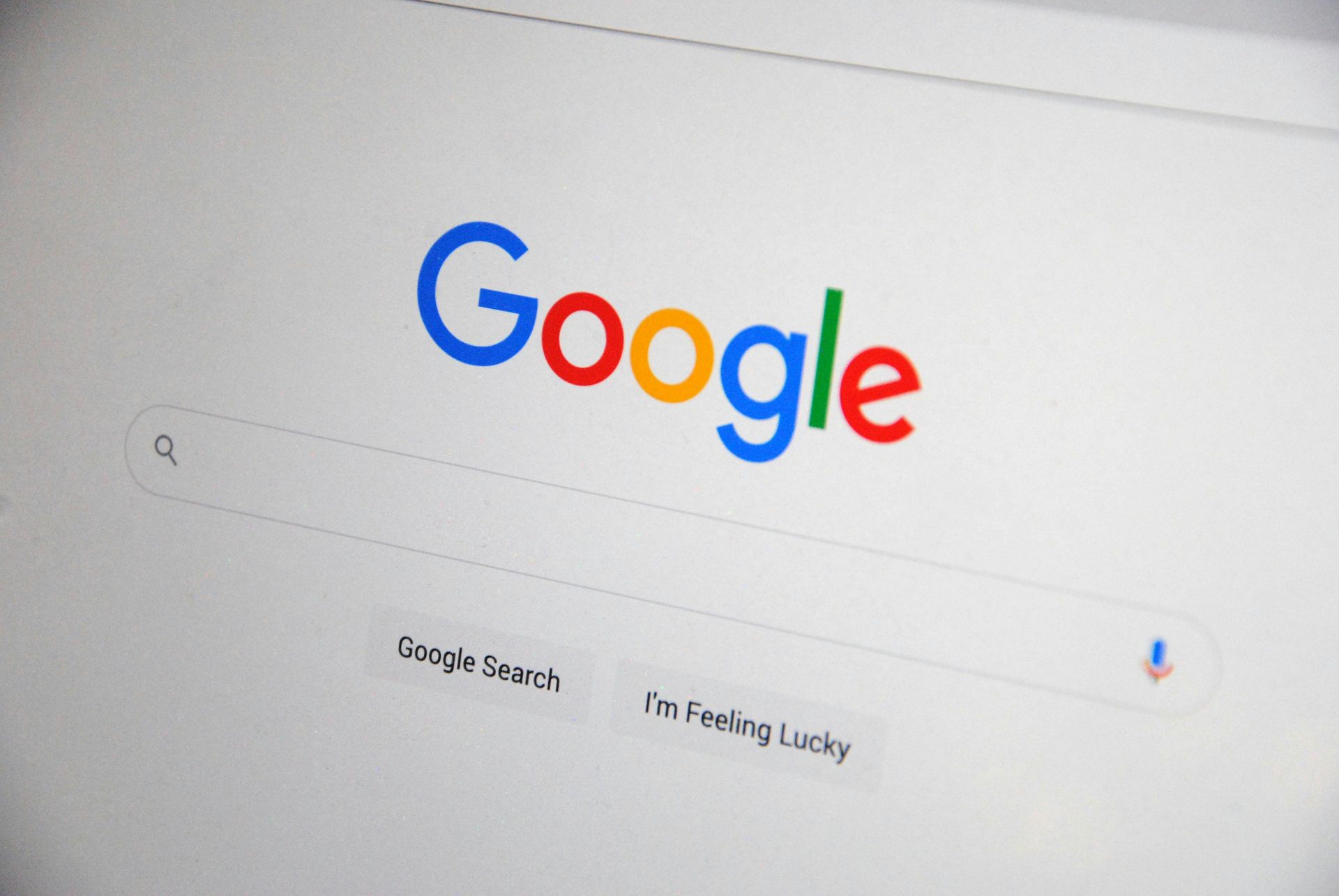Google Ads vs. SEO Marketing: Which Strategy Delivers Better Results?
Google Ads vs. SEO Marketing: Which Strategy Delivers Better Results?

For small businesses looking to increase visibility, attract customers, and grow online, two of the most powerful digital marketing strategies are Google Ads (PPC) and SEO (Search Engine Optimization). But the big question is:
Which one delivers better results?
The answer depends on your business goals, budget, and timeline. While SEO provides long-term organic growth, Google Ads delivers immediate traffic and conversions. But when used together, they create a powerful marketing strategy that drives both short-term wins and long-term success.
At Hatch Strategies, we help businesses combine SEO and Google Ads to maximize results and get the best return on investment (ROI). Whether you need organic search optimization, paid search management, or a mix of both, our team can create a customized digital marketing strategy that fits your business needs.
In this guide, we’ll break down the key differences between Google Ads and SEO, their advantages and drawbacks, and how to decide which strategy is right for your business.
1. Understanding Google Ads vs. SEO
Before choosing a strategy, let’s break down how each one works.
What is SEO? (Search Engine Optimization)
SEO is the process of optimizing your website to rank higher in organic (non-paid) search results on Google.
How SEO Works:
- Uses keywords, content, and backlinks to improve search rankings.
- Helps businesses appear naturally on Google without paying for ads.
- Takes time to build but provides long-term traffic growth.
What is Google Ads? (PPC – Pay-Per-Click Advertising)
Google Ads allows businesses to pay for ad placements at the top of search results.
How Google Ads Works:
- Advertisers bid on keywords to appear for relevant searches.
- Businesses only pay when someone clicks on their ad.
- Delivers immediate visibility and faster results than SEO.
Example: A law firm in Los Angeles wants to attract more clients for personal injury cases. They run:
- SEO strategy to rank organically for “best personal injury lawyer in LA.”
- Google Ads campaign to show paid ads for “Los Angeles injury attorney free consultation.”
Using both strategies together, they dominate search results and attract more leads.
2. Pros & Cons of Google Ads vs. SEO
Both SEO and Google Ads have unique strengths and limitations.
SEO Pros:
- Cost-effective in the long run – Once you rank, organic traffic is free.
- Builds trust & credibility – Users trust organic results more than ads.
- Sustained traffic – SEO generates leads long after the initial effort.
- Higher click-through rate (CTR) – Organic search results often get more clicks than paid ads.
SEO Cons:
- Takes time to rank – Results can take 3-6 months or longer.
- Requires ongoing maintenance – Google algorithms change frequently.
- Competitive for high-value keywords – Larger businesses with strong SEO can be hard to outrank.
Google Ads Pros:
- Instant visibility – Ads appear at the top of search results immediately.
- Highly targeted – Choose audience based on location, demographics, and behavior.
- Great for lead generation – Captures high-intent searchers ready to buy.
- Flexible budget control – Adjust spend anytime to maximize ROI.
Google Ads Cons:
- Can be expensive – Costs vary depending on competition.
- Traffic stops when ads stop – Unlike SEO, Google Ads requires ongoing investment.
- Lower trust factor – Users often skip ads in favor of organic results.
Example: A roofing company wants leads immediately after a big storm. They run Google Ads to target “emergency roof repair near me,” getting instant clicks. At the same time, they invest in SEO to rank organically for roofing services in the long term.
3. When to Use SEO vs. Google Ads
Choose SEO If:
- You want long-term organic growth and sustained website traffic.
- You have time to invest in ranking higher on Google.
- Your budget is limited, and you want cost-effective marketing.
- You need to build brand trust and authority over time.
Example: A boutique hotel in Miami invests in SEO blogging to rank for "best boutique hotels in Miami." Over time, they increase organic traffic and reduce dependency on ads.
Choose Google Ads If:
- You need immediate results and can’t wait for SEO.
- You want to target high-intent customers who are ready to buy.
- You have a budget for paid advertising.
- You’re running seasonal promotions or time-sensitive offers.
Example: A dentist’s office runs Google Ads for “same-day emergency dentist near me”, ensuring their business appears instantly when someone searches for urgent dental care.
4. Why the Best Strategy is Combining SEO & Google Ads
For maximum results, businesses should use both SEO and PPC together.
Why Combining SEO & Google Ads Works Best:
- Google Ads provide instant traffic while SEO builds long-term rankings.
- SEO lowers PPC costs by improving Quality Score, making ads cheaper.
- Google Ads help test which keywords convert best, guiding SEO strategy.
- Dominating both organic and paid search results increases trust & visibility.
Example: A local home cleaning service uses:
- Google Ads for immediate leads (e.g., “book a cleaning today”).
- SEO content for long-term ranking (e.g., “best cleaning tips for busy homeowners”).
By combining both, they increase visibility, attract more customers, and lower advertising costs over time.
5. Final Thoughts: Which Strategy Delivers Better Results?
There’s no one-size-fits-all answer—the best approach depends on your business goals.
- Use SEO for long-term growth, cost-effectiveness, and credibility.
- Use Google Ads for immediate traffic, quick leads, and highly targeted marketing.
- Use both SEO and Google Ads together for the best overall results.
At Hatch Strategies, we help businesses develop integrated SEO and PPC strategies that drive both short-term success and long-term growth.
How Hatch Strategies Can Help:
- SEO optimization & content marketing to improve rankings.
- Google Ads campaign setup & management to generate instant leads.
- Keyword research & strategy development for better targeting.
- Landing page optimization to increase conversions.
- Access to a creative agency partner for branding and ad visuals.
Want to get the best results from SEO and Google Ads? Contact Hatch Strategies today, and let’s build a customized digital marketing strategy that delivers real growth! 🚀












